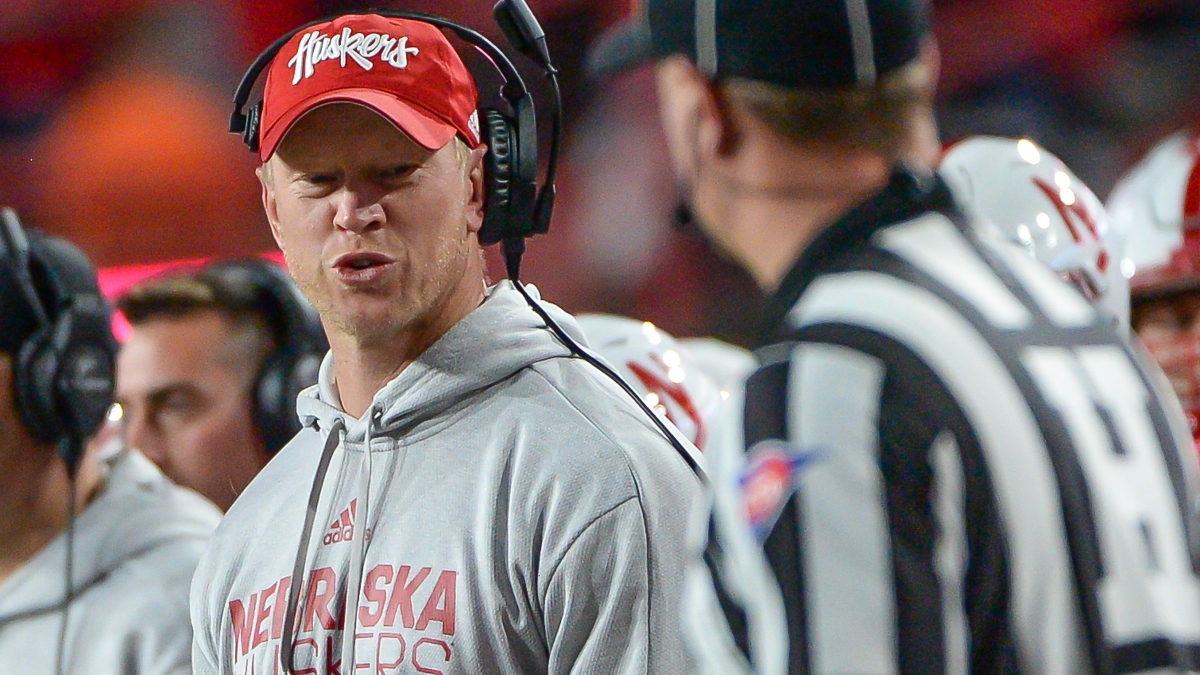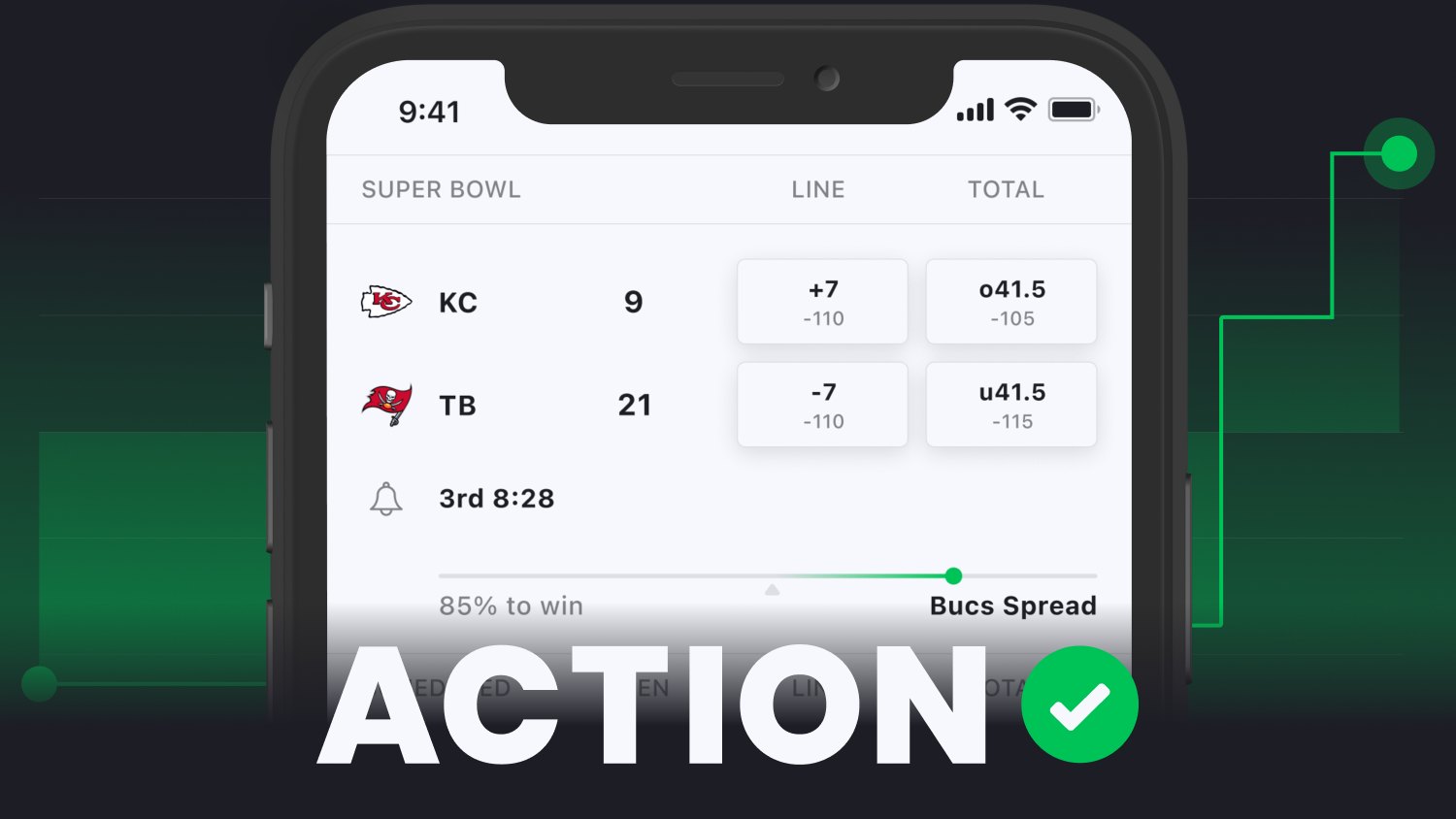Nebraska Amendment Brings Latest In-State College Betting Ban
Steven Branscombe/Getty Images. Pictured: Scott Frost.
Nebraska lawmakers removed in-state college betting language from a sports betting and casino gaming bill Thursday, the latest legislature to ban bettors from wagering on collegiate athletics.
Nebraska bettors won’t be able to wager on popular in-state programs such as the Creighton University Men’s basketball or the University of Nebraska football teams when they play in the state. The amendment also prevents betting on the annual College World Series or NCAA events held at the T-Mobile Center in Omaha.
Big East member Creighton is a perennial NCAA Tournament contender, the most bet-upon annual sporting event in America. The Big Ten’s Cornhuskers are far and away the state’s most popular team, college or otherwise.
Gaming industry analysts believe college betting makes up around 15 percent of total betting handle. In Nebraska, that figure would have likely been far higher.
Nebraska lawmakers, echoing sentiments passed in more than a half-dozen other statehouses, worried college betting would add extra pressure and threaten the integrity of competitions featuring ostensibly amateur college student-athletes. Policymakers had previously rejected a similar proposal earlier in the legislative session.
Despite decades of opposition in the Nebraska Legislature, voters overwhelmingly supported a 2020 casino gaming ballot measure, all but forcing lawmakers to pass the necessary regulatory measures to implement the state’s first-ever legal casino-style gambling.
Still, in-state college sports betting remained controversial. To salvage the progression of the larger legislation package, which will allow state horse tracks to offer slots, table games and retail sportsbooks, lawmakers reached a compromise measure to strip in-state wagering from the final bill.
The Unicameral legislature will almost assuredly pass the amended gaming legislation, likely as early as this month, but it will bring with it another in-state college betting prohibition. Criticized by most industry stakeholders, Nebraska’s ban could be especially detrimental to what is already a narrow, retail-only market.
“The only winners in this are the illegal sportsbooks who don’t care about a legislative prohibition,” said John Pappas, a spokesperson for industry advocacy group iDEA Growth, in an email to the Action Network. “This will only make it that much harder for the legal, regulated operators to succeed in a state where college betting is, and always will be, very popular.”
College Betting Controversy Remains
Delaware and New Jersey, the first two states to accept a legal single-game wager outside Nevada, both approved in-state college betting bans. Supported by many university officials in those states and nationwide, proponents cited these prohibitions as ways to stop unscrupulous bettors from interfering with the sanctity of college competitions.
Opponents, including sportsbook operators and industry groups such as the American Gaming Association, have said these prohibitions merely funnel would-be legal, regulated bets to offshore operators or unlicensed bookmakers. Illegal sports gambling has existed in American since organized competitions began; a bad actor, ban opponents argue, isn’t going to stop betting on college events just because they’re “illegal.”
Still, notorious college betting scandals still resonate with many university officials and state lawmakers. Most states with in-state bans have few or no popular Division I programs and exclusive retail betting options, mitigating their impact on the national market.
Notable exceptions include New Jersey, Illinois, Virginia — and now Nebraska.
New Jersey lawmakers are considering a ballot measure that will repeal its betting ban, which prohibits wagers on in-state programs such as Rutgers and Seton Hall as well as NCAA competitions played in New Jersey. The Garden State is set to host 2025 NCAA Tournament games, helping push lawmakers to advance the referendum.
Illinois’ ban has upset bettors and state sportsbook operators alike and the prohibition was especially poignant when this year’s March Madness game between Illinois and Loyola was blacked out for in-state bettors. At testimony on the state’s bill earlier this year, University of Illinois Athletic Director John Whitman again opposed in-state betting, saying it would be detrimental to student-athletes.
Representing all Division 1 athletic directors, Whitman’s position remains dominant for many university officials. Massachusetts’ main universities are opposing college sports betting legislation in their state, and the issue remains controversial in other 2021 and 2022 legalization candidates including Georgia.
What’s Next for College Sports Betting
Unlike the industry’s derided league “integrity fees,” where sports leagues pushed operators to pay them a portion of every bet placed and gained little political traction, college betting bans have remained another impendent to sportsbook stakeholders’ eyes.
In the three years since the Supreme Court struck down the federal wagering ban, those same professional sports leagues have gone from staunch opponents to major beneficiaries, with dozens of teams announcing betting company partnerships or even opening in-stadium sportsbooks.
Meanwhile, the NCAA and its defenders have embraced this option less rapidly. Though the University of Colorado has a sportsbook partner, and the Pac-12 conference hired a former MGM executive as commissioner, gambling remains taboo in America’s unusual, and highly popular, college athletic competitions featuring unpaid competitors.
In Nebraska, this means Saturday mornings with sportsbooks full of angry Nebraskan bettors upset they can’t wager on their Cornhuskers. That translates to a noticeable revenue loss for what was already a limited market of only a handful of brick-and-mortar casinos – and the continued stream of Nebraskans crossing into Iowa to place a bet.
Nationally, this shows the college betting paranoia isn’t going away.
Despite the regulated college market’s success in the three years since betting was permitted outside Nevada, deep-rooted fears remain in many politician’s minds. The evolving market, still in its early days, could continue to dispel these fears, but in the meantime, Nebraska’s vote Thursday shows the college betting issue will remain contentious in many state’s sports wagering bills going forward.
How would you rate this article?


